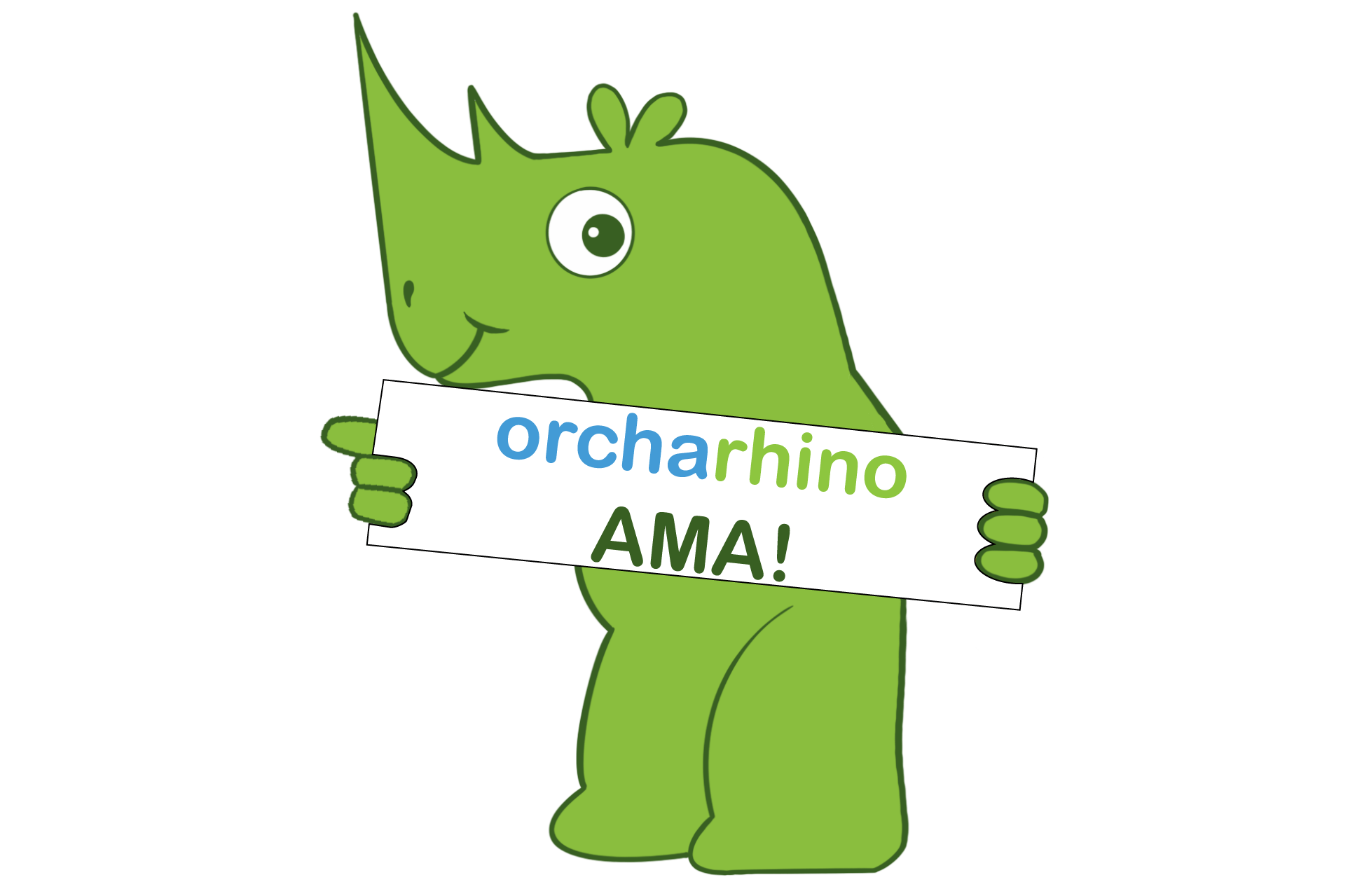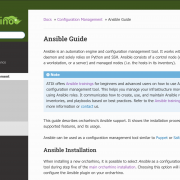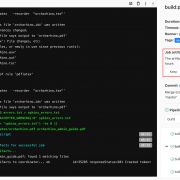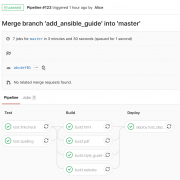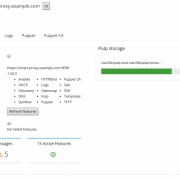The orcharhino ask me anything workshop is a platform where orcharhino consultants, developers, and the support team answer questions that they are repeatedly asked by orcharhino users in their daily work.
Starting with orcharhino 5.7, you can deploy applications via the in-house developed application-centric deployment (short: ACD) plugin. ACD allows you to deploy multi-host applications with the click of a button based on Ansible playbooks and application definitions. Refer to the application-centric deployment guide for more information.
Introduction This blog article introduces report templates as a built-in, easy method within orcharhino to generate customizable reports on the managed hosts. As an example, we develop a report template, which returns the kind and number of installable patches and errata for each registered orcharhino host.
This short blog series will explain how we automatically test, build, and deploy documentation mostly using vim, git, sphinx, docker, and gitlab. This „DocOps at ATIX“ blog article describes how we deploy our built documentation to an internal http server via our Documentation Gitlab Pipeline.
This short blog series will explain how we automatically test, build, and deploy documentation mostly using vim, git, sphinx, docker, and gitlab. This blog article describes how to use ‚make html‘ and add this make target for our style guide to our internal Gitlab pipeline.
This short blog series will explain how we automatically test, build, and deploy documentation mostly using vim, git, sphinx, docker, and gitlab. This blog article describes how to use ‚make linkcheck‘ and add it to our internal Gitlab pipeline.
At ATIX, we are using Sphinx to build our documentation. There are different make targets to build and test the documentation sources like html, latexpdf, spelling, and linkcheck. Refer to the Makefile provided by sphinx-quickstart for more information.
orcharhino Proxies sind Netzwerkknoten, welche für den orcharhino bestimmte Aufgaben in anderen Netzwerken übernehmen. Im einfachsten Fall bekommen Hosts ihren Content direkt vom orcharhino und nutzen ihn als DNS- und DHCP-Server.


